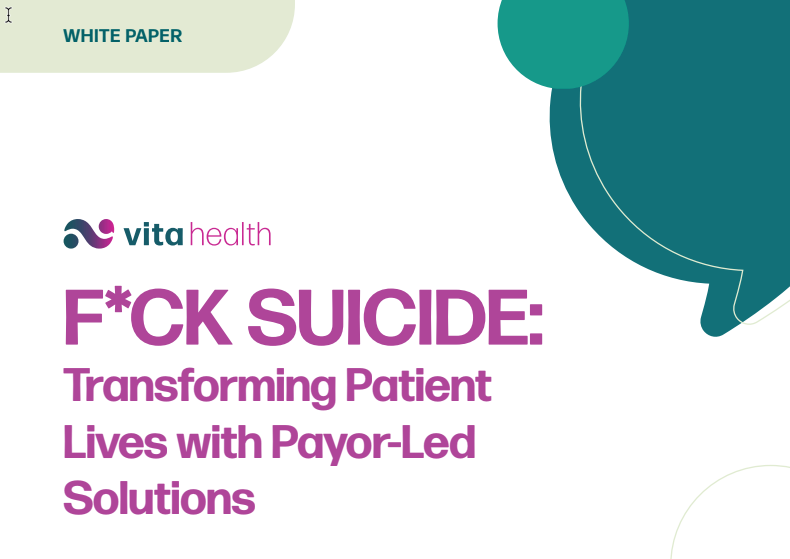Objective
To evaluate the effectiveness of crisis response planning for the prevention of suicide attempts.
Method
Randomized clinical trial of active duty Army Soldiers (N=97) at Fort Carson, Colorado, presenting for an emergency behavioral health appointment. Participants were randomly assigned to receive a contract for safety, a standard crisis response plan, or an enhanced crisis response plan. Incidence of suicide attempts during follow-up was assessed with the Suicide Attempt Self-Injury Interview. Inclusion criteria were the presence of suicidal ideation during the past week and/or a lifetime history of suicide attempt. Exclusion criteria were the presence of a medical condition that precluded informed consent (e.g., active psychosis, mania). Survival curve analyses were used to determine efficacy on time to first suicide attempt. Longitudinal mixed effects models were used to determine efficacy on severity of suicide ideation and follow-up mental health care utilization.
Results
From baseline to the 6-month follow-up, 3 participants receiving a crisis response plan (estimated proportion: 5%) and 5 participants receiving a contract for safety (estimated proportion: 19%) attempted suicide (log-rank χ2(1)=4.85, p=0.028; hazard ratio=0.24, 95% CI=0.06–0.96), suggesting a 76% reduction in suicide attempts. Crisis response planning was associated with significantly faster decline in suicide ideation (F(3,195)=18.64, p<0.001) and fewer inpatient hospitalization days (F(1,82)=7.41, p<0.001). There were no differences between the enhanced and standard crisis response plan conditions.
Conclusion
Crisis response planning was more effective than a contract for safety in preventing suicide attempts, resolving suicide ideation, and reducing inpatient hospitalization among high-risk active duty Soldiers.



